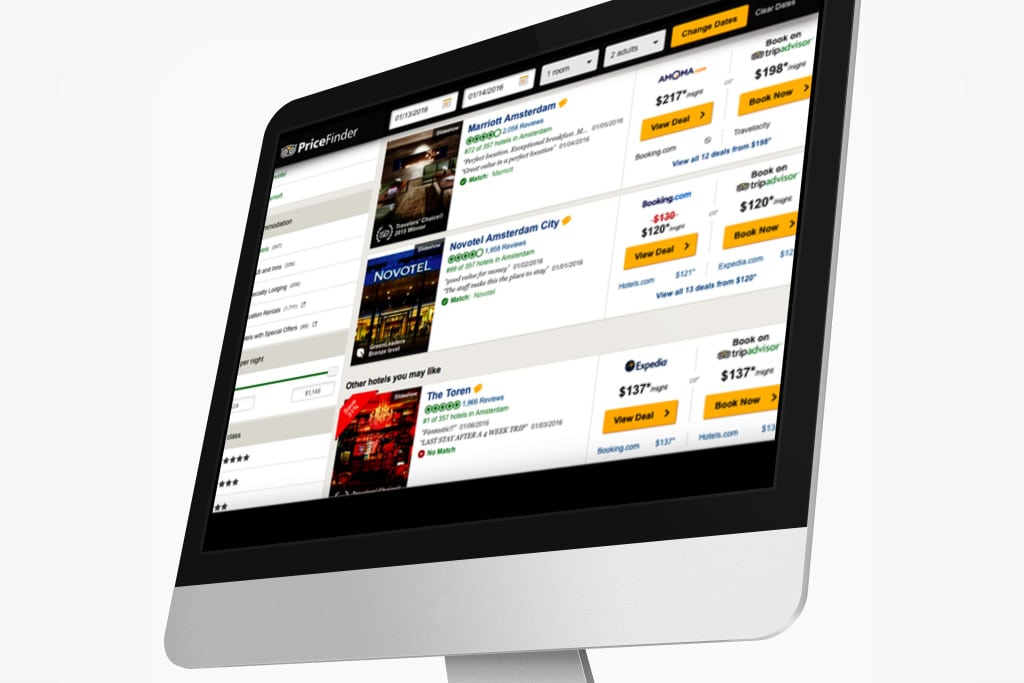How Hotels Are Failing to Take Advantage of TripAdvisor

Skift Take
TripAdvisor can be a hotel brand's best friend, especially when it comes to search, suggests this new report from L2.
In its latest report, "Luxury Hotels: Regional Search Strategies," New York-based brand consultancy L2 suggests upper upscale and luxury hotel brands should be looking to TripAdvisor more often than they are now.
As hotel brands are forced to compete in an increasingly crowded online marketplace with both online travel agencies (OTAs), as well as Google Hotel Ads, it's becoming more and more difficult for hotels to make it to the first page of Google search results for hotels in a specific city.
L2, which compiles an annual "Digital IQ Index" of 55 luxury hotel brands, found the following:
Brands that invest in affiliate site pages like those on TripAdvisor and establishing partnerships with them can compete against OTAs in search and create new conversion channels
Brands should prioritize their search engine marketing (SEM) and search engine optimization (SEO) budgets to regional areas that align with the brand's areas of growth or match its regional footprint
More brands should optimize their SEM/SEO efforts abroad to attract international travelers who may not be familiar with the brand
Why and How Is TripAdvisor So Helpful for Hotels?
TripAdvisor is helpful to hote
